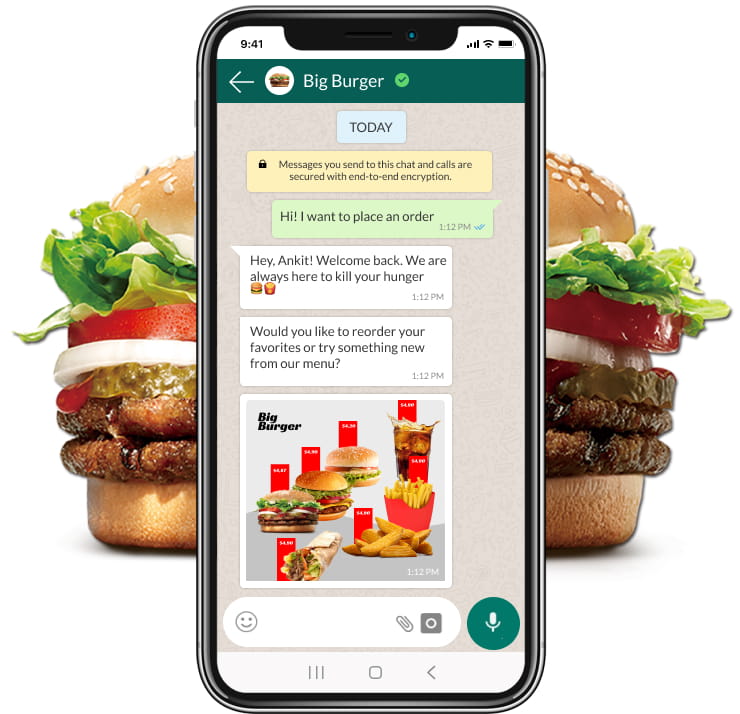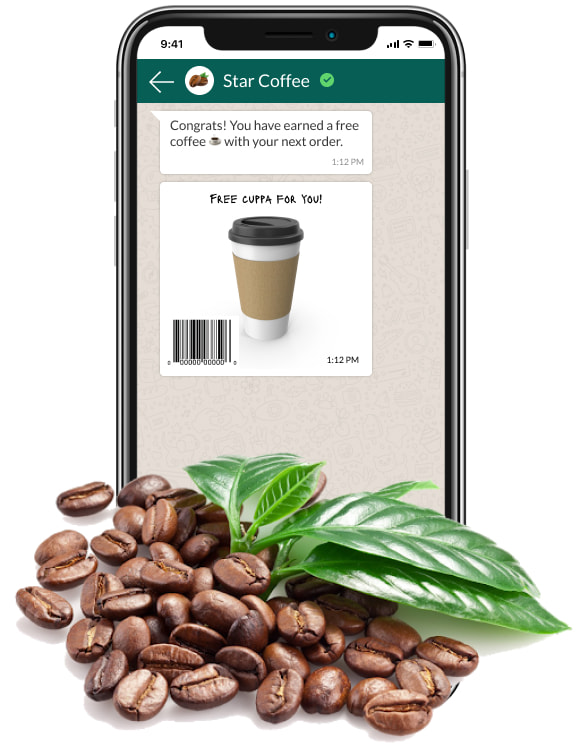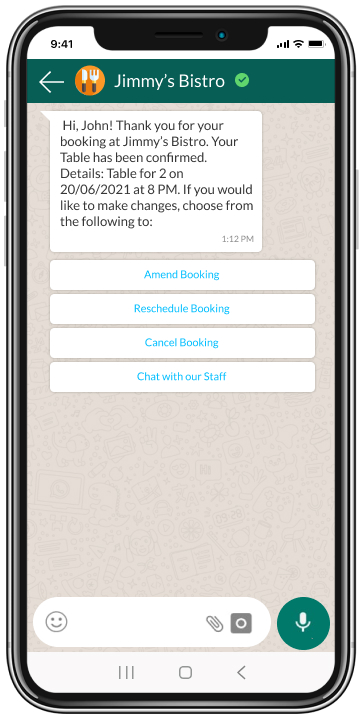WhatsApp Business Opens New Doors for Restaurants in the Covid Era
Of all the industries hit hard by the covid-19 pandemic, the fate of the restaurant business — which has traditionally depended on packed dining rooms, tourists, corporate travellers, business lunches, and parties — has been the worst. Despite a complete lack of customer walk-ins, restaurant owners have had to continue paying huge rents, and this was simply not sustainable. As a result, many had to close shutters (some, permanently) and furlough or lay-off staff to tide over the crisis. The carnage was such that 40 percent of restaurants in the US closed down and 8 million employees were left jobless just two months after the pandemic started. As per the National Restaurant Association’s 2021 State of the Restaurant Industry report, the US restaurant industry ended 2020 with total sales that were $240 billion below the Association’s pre-pandemic forecast for the year. With restrictions slowly being lifted, many restaurants are limping back to life, but they clearly understand that customer footfalls won’t increase any time soon and are coming up with new, unique ways to reach out to their customers and do business.
Pivoting to New Offerings
A key upshot of the pandemic has been a huge increase in online ordering and takeaways. While online delivery constituted a fraction of a restaurant’s overall business in pre-covid times, it comprises almost 90 percent of a restaurant’s overall revenue now. With people preferring to order from the safety of their homes, many food & beverage players have shifted their focus on the off-premise segment and deployed technology solutions to build a robust online ordering platform. Unique business growth ideas such as exclusive online classes with restaurant chefs, new menus, digital loyalty programs, curb-side pickup, drive-throughs, etc. have offered a new lifeline to these businesses. Not surprisingly, messaging tools such as WhatsApp Business are playing a significant role in improving customer services for restaurants.
Why WhatsApp is Good for the Food Business
With the pandemic showing no signs of abating, food players are increasingly moving their customer touchpoints online to protect the health of their customers, employees, and businesses. WhatsApp — already a popular messaging app used by billions worldwide — is seeing increasing traction among food players. Instead of creating their own apps and asking users to download it, restaurants are piggybacking on WhatsApp’s massive popularity and easy-to-use interface to reach out to new and existing customers. There are four major reasons why WhatsApp has been a boon for food players.
1) Increase in Sales Due to Automated Ordering
Earlier, orders for home delivery would typically be placed over phone. Staff would struggle to answer calls when the restaurant was busy. Phones would go unattended, resulting in loss of business. Using WhatsApp, customers can place orders on their apps easily, and restaurants can receive hundreds of orders simultaneously without staff having to attend to customers individually. This not just increases revenues but also reduces overhead costs and frees up staff to focus on other work. What’s more, WhatsApp helps to increase order size with automated upselling.

WhatsApp chatbots can handhold customers throughout their entire food journey — from looking up menus in the app to ordering their favorite dishes, sharing delivery addresses by using WhatsApp’s “share your current location” feature, making payments via third-party platforms, and so on. While ordering, customers can also give special instructions on how they want the food to be handled by the delivery person, for example, via contactless delivery.
2) Greater Customer Engagement With Digital Loyalty Programs and Referral Systems
Restaurants typically differentiate themselves by creating memorable experiences for customers when they walk in. Improving customer services is important, as repeat customers spend up to 67 percent more than new customers when eating out. However, in the age of online deliveries, how do restaurants make their guests feel loved and get them to come back for repeat orders? Enter digital loyalty programs and referral systems. They help to strengthen customer relationships, build customer loyalty, and grow their brand’s appeal. WhatsApp’s broadcast lists help restaurants segment their clients into different groups such as families, students, couples, etc. and target them with exclusive, just-in-time messages with personalized favorites. They can keep retargeting users by offering exclusive discounts on birthdays, anniversaries, and so on, creating brand loyalty.

3) Communication With Customers in Real Time
Restaurants use WhatsApp Business to engage in real-time conversations with customers, sending them updates regarding order confirmation, estimated arrival time, order dispatched messages, rider details, order delivered notifications, invoices, and feedback links. As the app enables two-way communication, customers can also reach out to restaurants to reschedule or cancel bookings, tell restaurants about their specific food preferences, and do more. If customers choose to eat out, restaurants send them reservation reminders on WhatsApp, which significantly reduces instances of no-shows and also lowers wait times for customers. In turn, restaurants can optimize their table turnover. For these dine-in customers, contactless menus can also be shared on WhatsApp using QR code signages placed on tables.

4) Bypassing of Middlemen
Multiple surveys suggest that delivery aggregators (UberEats, Zomato, Swiggy, etc.) charge high commission rates of 25-28 percent from restaurants for their services. Earlier, online deliveries comprised only a small part of the restaurant business, so this loss didn’t amount to much. But now, with online deliveries accounting for almost 100 percent orders for many restaurants, owners lose a lot of revenue to these third-parties, making business unviable. What’s more, delivery aggregators have access to a huge customer database and use this data to create their own brand loyalty, cutting businesses out.
WhatsApp solves this problem by helping restaurants engage directly with their customers. They can receive orders directly on WhatsApp, take care of all the coordination, send out alerts about the order, and fulfill deliveries themselves. This saves them a lot of money and gives them full access to their own database, which they can analyze to target and retarget customers with tailored offers.




![[photo]](https://edna.io/wp-content/themes/edna/images/authors/rajrupa-ghoshal.jpg)
![[icon]](https://edna.io/wp-content/themes/edna/images/authors/ico-linkedin.svg)